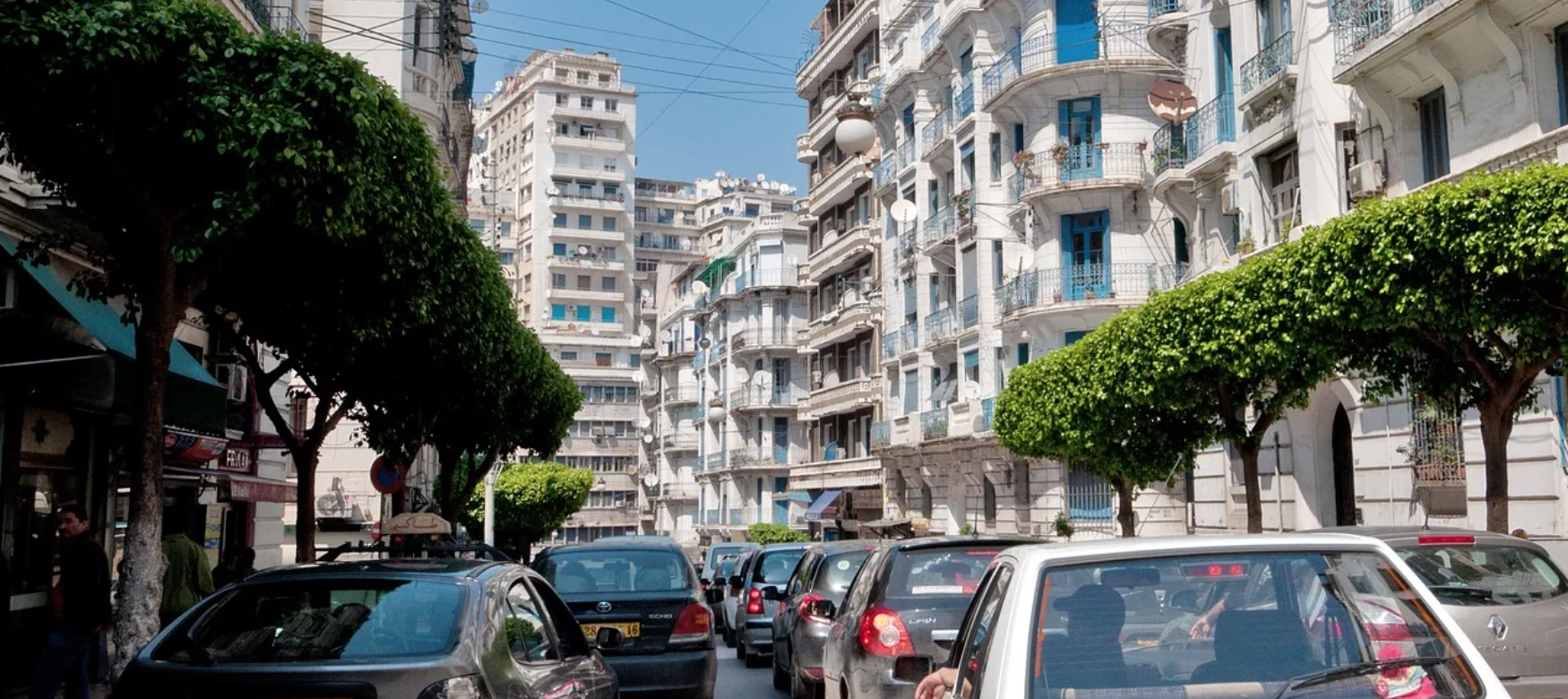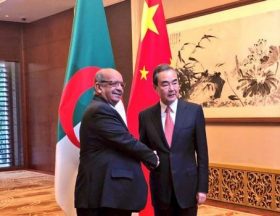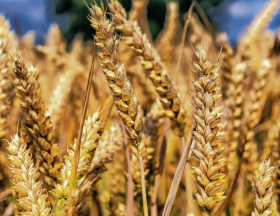The Minister of Finance, Brahim Djamel Kassali affirmed, in Algiers, that the economic growth rate in Algeria should record an upward trend by 2025 driven by the performance of several sectors, specifying that the Government was counting on a growth rate by 4.1% in 2023.
During a plenary session chaired by Brahim Boughali, President of the APN, devoted to the presentation of the finance bill “PLF-2023” to the National People’s Assembly, Mr. Kassali indicated that the growth rate should settle at 4.1% for next year, then at 4.4% in 2024 and 4.6% in 2025, due to the performance of all sectors except for the hydrocarbons sector which will experience some stability in 2023 and 2025.
The Minister stressed, in this sense, that the Agriculture sector should record a growth rate of 6.9% in 2023, 5.5% in 2024 and 5.7% in 2025, while that of Industry should record a rate of 8.5% in 2023, then 9.6% in 2024 and 9.3 in 2025.
The Buildings and Public Works (BTP) sector should record a growth rate of 5.6% in 2023, 3.9 in 2024 and 4.5% in 2025.
After stating that the bill “will enshrine a new mode of public financial governance based on the budget of programs and objectives”, the Minister recalled that the State had continued, despite the difficult international situation, the operation economic recovery through the strengthening of growth and the consecration of a sustainable economy that creates wealth and jobs”.
The year 2023 will be marked by the continuation of the efforts and measures taken during the current year aimed at preserving and strengthening the purchasing power of citizens through the revision of the salary index grid and the revaluation of the unemployment benefit, in addition to strengthening the public and private investment program to ensure overall growth,” he continued.
The PLF-2023 was drawn up on the basis of a forecast reference price of a barrel of oil of 60 dollars for the period between 2023 and 2025, an average growth rate of 4.1% in 2023 and 4.4% in 2024 and an inflation level of 5.1% in 2023 and 4.5% in 2024 and 4.0 in 2025, according to the minister’s data.
The PLF provides for next year an increase in total budget revenue to 7,901.9 billion DA and expenditure to 13,786.8 billion DA, distributed over operating expenses which will increase to 9,767.6 billion DA (+26 .9%) and capital expenditure which will be up to 4,019.3 billion DA (+2.7%) compared to the complementary finance law of 2022.
On this basis, continues Mr. Kassali, the budget deficit will drop from 4,092.3 billion DA (-15.9 of GDP) in the closing forecasts for 2022 to an average deficit of 5,720.0 billion DA over the period 2023 -2025 (-20.6% of GDP).
The overall cash deficit will decrease from DA 4,950.3 billion (-19.2% of GDP), according to the 2022 closing forecast, to an average deficit of DA 6,586.3 billion for the period. 2023-2025 (-23.7 of GDP).
Concerning the distribution of the operating budget, the bill allocated 3,037.41 billion DA to support the expenses of the increase in salaries of civil servants under the central administration and central services (+23.55 % compared to 2022).
This increase is mainly explained by the increase in the financial impact resulting from the assumption of the revision of the salary index scale and the salary systems of civil servants, included in April 2022, as well as the assumption of the financial impact of the integration of beneficiaries of the professional integration assistance scheme and the change of social integration activity contracts into permanent contracts (CDI).
The Minister of Finance indicated, in this regard, that the planned payroll should reach 4.629 billion DA next year, which represents 47.39% of the operating budget, while the financial impact of the economic intervention of the State will increase to 1,927.20 billion DA (+ 40.67% compared to 2022), which will be distributed mainly on the contribution to the National Housing Fund, the increase in allocations allocated to unemployment insurance and the increase the State’s contribution to the National Cereals Office.
Referring to the equipment budget (4,019.28 billion DA), Brahim Djamel Kassali indicated that it will be in 2023, mainly the completion of projects in progress and the registration of strategic and urgent projects, stressing that in 2022, “a program estimated at more than 110 billion DA intended for 217 value-added investment projects was unfrozen ».
About 250 interventions have been scheduled as part of the PLF-2023 debate, according to the program drawn up by the APN.
Source : Algeria Press Service











Réagissez à cet article